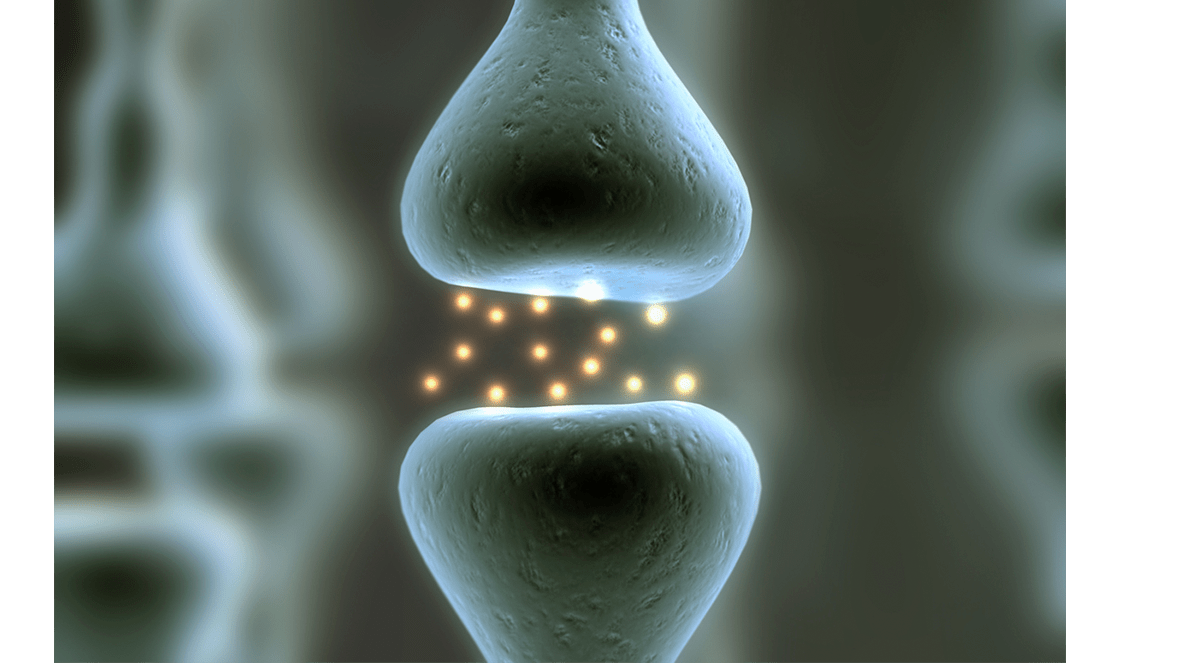This review aimed to quantify correlations between heart rate variability (HRV) and functional outcomes after acquired brain injury (ABI). We conducted a literature search from inception to January 2020 via electronic databases, using search terms with HRV, ABI, and functional outcomes. Meta-analyses included 16 studies with 906 persons with ABI. Results demonstrated significant associations: Low frequency (LF) (r = -0.28) and SDNN (r = -0.33) with neurological function; LF (r = -0.33), High frequency (HF) (r = -0.22), SDNN (r = -0.22), and RMSSD (r = -0.23) with emotional function; and LF (r = 0.34), HF (r = 0.41 to 0.43), SDNN (r = 0.43 to 0.51), and RMSSD (r = 0.46) with behavioral function. Results indicate that higher HRV is related to better neurological, emotional, and behavioral functions after ABI. In addition, persons with stroke showed lower HF (SMD = -0.50) and SDNN (SMD = -0.75) than healthy controls. The findings support the use of HRV as a biomarker to facilitate precise monitoring of post-ABI functions.Copyright © 2021 Elsevier Ltd. All rights reserved.
Heart rate variability as a biomarker of functional outcomes in persons with acquired brain injury: Systematic review and meta-analysis.


